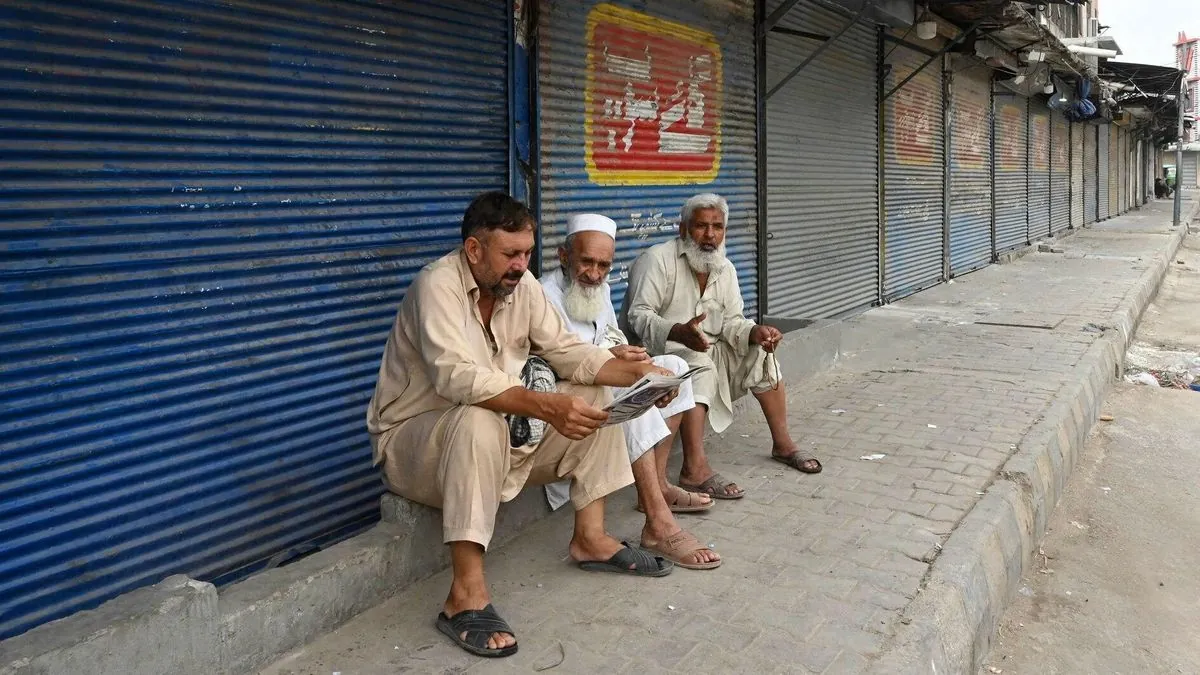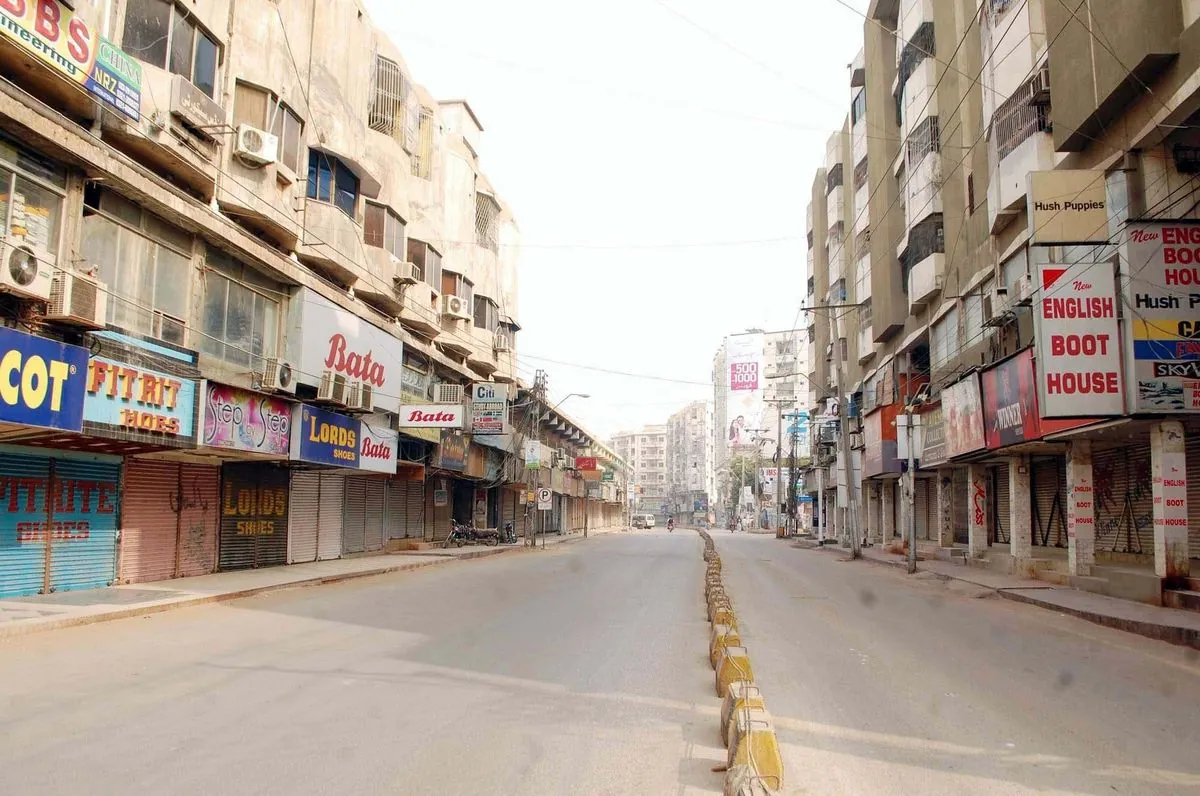Pakistani Traders Strike Against Rising Costs and New Taxes
Nationwide strike in Pakistan protests electricity price hikes and new taxes following IMF deal. Traders demand government reverse recent economic measures amid growing public discontent.

On August 28, 2024, Pakistan witnessed a widespread traders' strike in response to escalating electricity costs and newly imposed taxes on shop owners. This action comes in the wake of the government's recent agreement with the International Monetary Fund (IMF) for a $7 billion loan package.
The strike, which saw the closure of businesses across major urban centers, was initiated by Naeem-ur-Rehman, leader of the Jamaat-e-Islami Pakistan party, and received support from various traders' associations. Kashif Chaudhry, a strike leader, explained that essential services such as pharmacies and grocery stores remained operational to minimize public inconvenience.

Pakistan, the world's fifth-most populous country, has grappled with economic challenges for decades. The nation's heavy reliance on agriculture and its low tax-to-GDP ratio have contributed to its financial instability. The IMF has provided multiple bailout packages to Pakistan since the 1980s, highlighting the country's ongoing economic struggles.
"The current economic measures, while necessary for fiscal stability, are placing a significant burden on the average Pakistani citizen and small business owners. The government must find a balance between meeting IMF requirements and ensuring the welfare of its people."
The strike aims to pressure Prime Minister Shehbaz Sharif's government to reconsider recent economic policies. Pakistan's energy sector, long plagued by circular debt issues, has been a focal point of reform efforts. The country has been exploring alternative energy sources to reduce its dependence on imported fuel, which could potentially alleviate some of the cost pressures in the long term.
While the strike was observed nationwide, participation varied across regions. The northwestern Khyber Pakhtunkhwa and southwestern Balochistan provinces saw partial closures, reflecting the complex economic landscape of the country.
Pakistan's economy faces numerous challenges, including a significant informal sector and difficulties in attracting foreign direct investment. The country's participation in China's Belt and Road Initiative and its efforts to improve ease of doing business rankings demonstrate attempts to boost economic growth and stability.
As Pakistan navigates these economic reforms, the government must balance the need for fiscal responsibility with the immediate concerns of its citizens and business owners. The outcome of this strike and the government's response could have significant implications for the country's economic trajectory and social stability in the coming months.


































